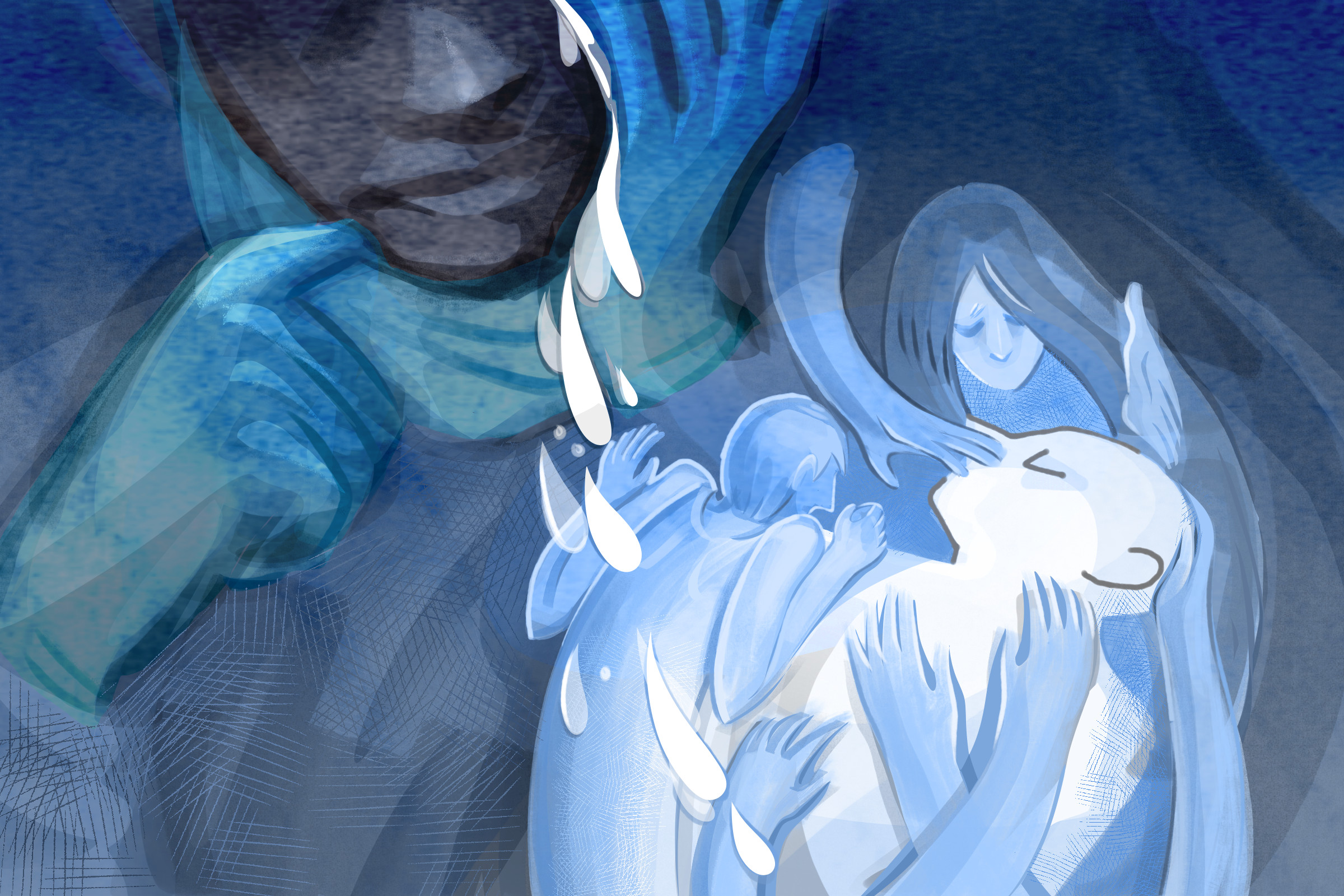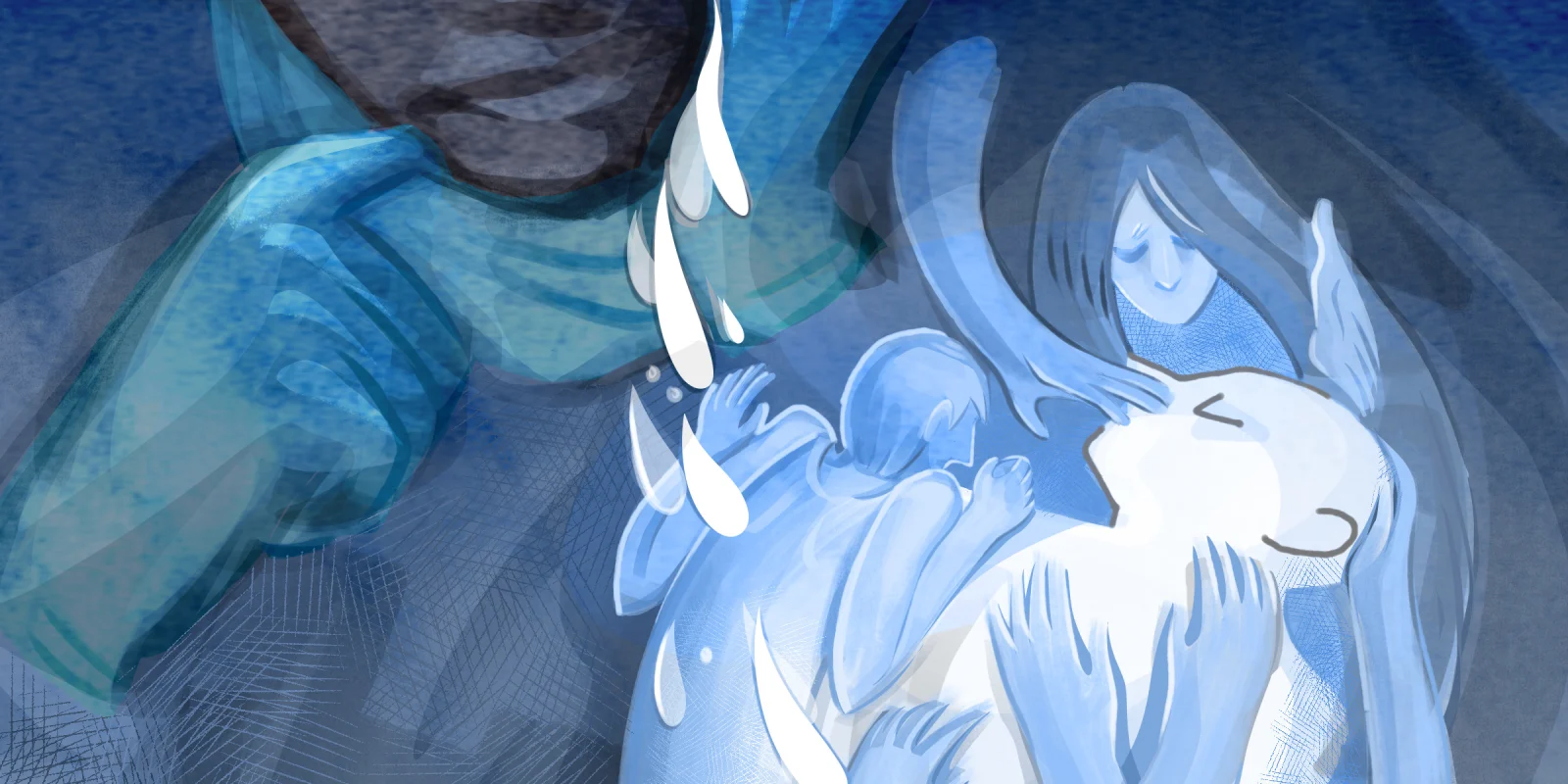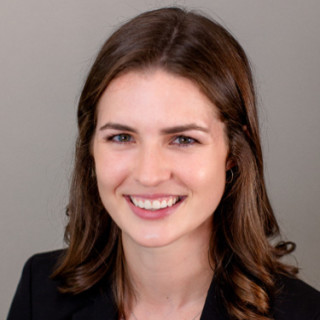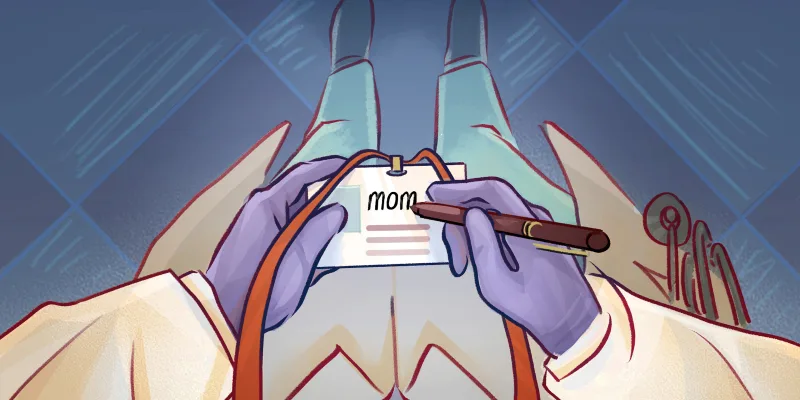
To the medical student crying in the hallway: I see you. I’ve been you. It’s OK. Caring for your patients is not a weakness.
During my surgery rotation last spring, my team was consulted on a patient with a perirectal abscess. The patient was a 40-something male with multiple comorbidities including renal failure, diabetes, and morbid obesity who was admitted for possible sepsis. The abscess was minuscule, and the residents joked about this being a “soft consult.” I went with the resident to do the incision and drainage.
The procedure required that we turn the patient on his side, which proved to be challenging due to his weight, and both the nurse and I had to hold him steady. He was in pain, anxious, and upset, so while I held his leg still I asked about his family. He told me his kids played football and golf. He shared that his youngest son was sleeping over at a friend’s house that evening. We laughed about how he met his wife after first taking her sister on a date. We took deep breaths together to stay calm. The resident finished the procedure and the patient thanked us profusely. We let his wife know everything went well. I remember thinking I had finally helped a patient.
An hour later, while we were with another patient, a code blue rang out over the loudspeaker for our patient with the abscess. The resident and I looked at each other in disbelief. When we left, he had been completely stable and our procedure had been minor. We ran across the hospital and up to his room where he had already been down for five minutes.
The code was chaotic. He was so large that chest compressions were physically demanding, and several people rotated every minute or two to perform them. The critical care doctor tried to ventilate him a dozen different ways while nurses frantically ran for more epinephrine and atropine. The team tried to place lines into his bloodstream through his arms, groin, and finally his bone. After 45 minutes of pounding on his chest and failing to get oxygen into his lungs, they called it. He died at 10:45 p.m.
As the code ended, plastic wrappers, needle caps, and rubber tourniquets strewn around his hospital bed, people slowly and quietly filed out of his room. I stood farther down the hallway, staring at the floor, willing myself not to cry. The pharmacist from the code, a stoic woman with kind eyes, saw me standing to the side.
“Are you OK?” She asked me.
I was not. I started to cry, right there in the hallway. Just hours ago, this man had been holding my hand, taking deep breaths, telling me about his wife, about his son’s football games, and now his wife is a widow and his kids are without their father. They are 13 and 10 years old. Their lives have been ripped apart. Nothing about this was OK. I pictured losing my father or husband and the unimaginable pain this family would certainly be going through, and I cried in the hallway.
And I was so embarrassed about being the medical student crying in the hallway. I said this through tears to the pharmacist, as well as the critical care doctor who stepped over to join us. Both women gently but firmly validated my sadness while refuting my shame. The critical care physician looked me in the eyes and said, “If I were his family member, I would feel comfort knowing that his passing affected you this deeply. This is not something to be ashamed of.” I was struck by the compassion these women showed me, a student, at the bottom of the medical hierarchy.
The resident and I walked back to the lounge together. He got me a glass of water, sat with me, and reminded me that this situation was sudden, traumatic, and unexpected. He told me I could go home rather than finish the remaining hours of my shift. I didn’t want to go home early — I felt it was a sign of weakness and inability to persevere — but I did. In the elevator, the charge nurse from the patient’s floor recognized me and offered a hug. She told me how encouraged she was to see future doctors so emotionally invested in their patients’ well-being. She also offered to buy me a bottle of wine if I didn’t have one at home. (I did.) As I got in my car to go home, I thought to myself, “If I hadn’t asked so many questions and gotten to know him, I wouldn’t be so sad.”
In her recent memoir, “In Shock,” Dr. Rana Awdish writes that she “was taught that connection begets loss, which in turn begets disillusionment and burnout.” I worked so hard to have the opportunity to practice medicine that I had been previously unable to understand how physicians could become cold and calloused. This encounter was not my first patient death, but it was my first time experiencing the emotional cost of compassion towards a patient and the heartbreak that contributes to burnout, and I know it will not be my last.
I am grateful to have been surrounded by individuals who validated my feelings, supported my reaction, and offered kindness and understanding. I am appreciative that this situation became an opportunity for growth and reflection rather than judgment and shame, and reinforced the value of maintaining humanity in medicine. I think about that patient often and hope his family is healing.
I am sure that I will cry in the hallway again, even as a resident or an attending. But I will not forget this patient, his family, or the compassion shown by those around me, and I intend to provide the same support to others in the future. So to the medical student crying in the hallway: I see you. I’ve been you. It’s OK.
Illustration by April Brust






